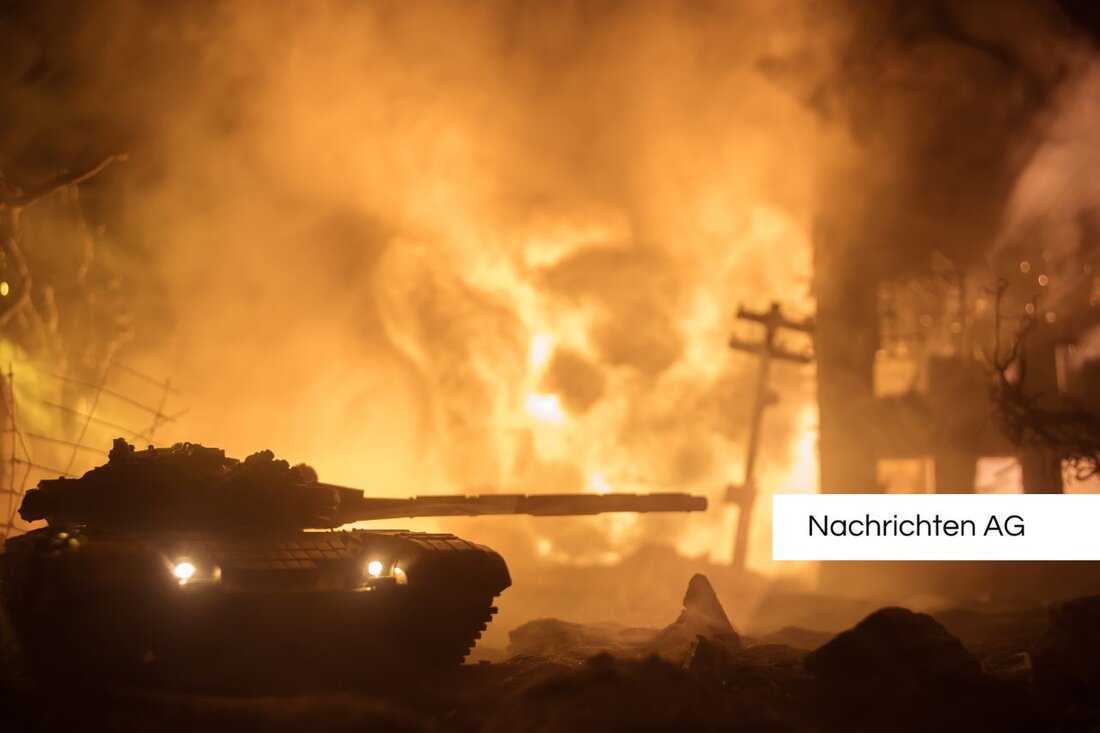Panel discussion on the end of the war: lessons from history for the future
On April 30, 2025, leading scientists in Berlin discussed the lessons from World War II for current conflicts.

Panel discussion on the end of the war: lessons from history for the future
On April 30, 2025, an important panel discussion took place at the Konrad Adenauer Foundation in Berlin. Renowned researchers, including Dr. Tatiana Timofeeva from the European University Viadrina, discussed key issues relating to political conflicts and options for action. This event marked the conclusion of the two-day conference “May 8, 1945. The end of the Second World War and its lessons for the present”, which took place to mark the 80th anniversary of the end of the war. Prof. Dr. Norbert Lammert, the chairman of the Konrad Adenauer Foundation, opened the conference with a speech in which he emphasized the relevance of current military conflicts, thereby sending a strong signal for the remembrance of the past as well as the lessons for the present europa-uni.de reported in detail.
The keynote lecture was given by Prof. Dr. Jörn Leonhard, a historian at the University of Freiburg. His topic “About wars and how to end them” focused on the fates of soldiers from the First and Second World Wars. Leonhard highlighted the discrepancy between official and individual memories and discussed the historical factors that lead to the end of wars. He emphasized the importance of media and narratives and warned against simplification of historical comparisons. The panel discussion that followed changed perspectives and focused on current geopolitical developments, particularly with regard to the USA, Ukraine and Russia.
Geopolitical discussions and challenges
In this context, Prof. Leonhard, Dr. Jana Puglierin from the European Council on Foreign Relations and Dr. Tatiana Timofeeva worrying observations. Leonhard made it clear that peace should not be understood simply as the absence of violence. Timofeeva spoke of the importance of dialogue, noting that listening and communicating with Putin could already be considered a success. Puglierin, on the other hand, worried about possible sham negotiations between the USA, Russia and Ukraine and pointed to Europe's increasing turning away from Ukraine.
The conference series was organized in cooperation with the European University Viadrina, the Université Paris 1 Panthéon Sorbonne and Columbia University in New York. The conference co-organizer Prof. Dr. also made important contributions. Claudia Weber and the opening speaker Prof. Dr. Edward Mill.
The role of Ukraine in the Second World War
As part of the conference, the discussion also provided a historical context for the military conflicts, particularly with regard to Ukraine. The history of Ukraine during World War II began on September 1, 1939, when the conflict broke out in Europe. As a result, the country became the scene of intense fighting that took place between the Red Army and the German Wehrmacht. Over eight million people died in Ukraine, including five million civilians and 1.6 million Jewish Ukrainians Wikipedia described in detail.
The conflict led to the occupation of Ukraine by German troops, who invaded in 1941 and divided the country into various administrative districts. The nationalist movements, especially the Organization of Ukrainian Nationalists (OUN), reflect the will for independence, which was shaped by the circumstances of the war. At the same time, many Ukrainians were forced to take part in the German war effort and some resisted the Soviet Union and Poland. The General Plan East envisaged the settlement of Germans in Ukraine, but this was not implemented.
The interweaving of national interests, collaboration and resistance shaped the complex picture of Ukraine during the war. After the war, a forced resettlement of Poles and Ukrainians followed, while the Soviet Union attempted to comprehensively control Ukraine and force it to conform. Continued resistance to this rule led to the violent conflicts that lasted until the 1950s and continue to influence the region's current situation.

 Suche
Suche
 Mein Konto
Mein Konto